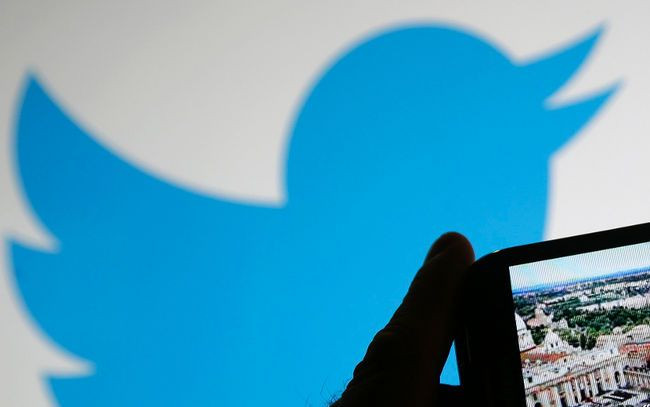What Does Twitter Know? Hate-Spewing Social Media Site Out Of Step With Consensus, Study Finds

Twitter is a fringe movement. This may come as a shock to those of us who spend the majority of our working day combing the social-media service for news, but a new study shows that reactions on Twitter are often significantly out of step with public opinion -- and that a disproportionate number of Twitter users would rather spew hate than show love.
The yearlong study, the results of which were released Monday by the Pew Research Center, looked at Twitter reactions to eight major news events, and compared those reactions to data from public polls. The results, Pew says, showed that Twitter users tended to react to news events in a way that skewed either more liberal or more conservative than the population as a whole.
The eight news events in question were all political in nature, and they included the first presidential debate between Barack Obama and Mitt Romney, the announcement of Paul Ryan as the Republicans’ vice-presidential nominee and Sen. John Kerry’s nomination for secretary of state. The re-election of President Obama -- one of the most tweeted-about events in history -- was also on the list.
Twitter users in general tend to be younger and skew more liberal than the general population, so it’s no surprise that reactions to some events reflected that. When the Ninth Circuit Court of Appeals struck down California’s ban on same-sex marriage, Twitter’s reaction to the event was largely favorable, with 46 percent of the tweets being positive versus 8 percent negative, according to Pew. However, a separate national poll -- this one conducted by the Pew Research Center for the People and the Press -- showed a different story, with 44 percent of those who had heard of the ruling saying it made them disappointed or angry.
Not all conversations skewed liberal, though. According to Pew, reactions to Obama’s second inaugural address and his 2012 State of the Union speech were more negative than overall public opinion. Twitter conversations about the State of the Union were 40 percent negative versus 20 percent positive. On the national scale, the results were reversed, with 27 percent reacting positively, while 42 percent reacted negatively.
In addition to skewed reactions, the Pew study found that Twitter reactions in general tend to be more negative than positive -- at least when it comes to politics. Throughout the presidential campaign, the amount of negative comments for both candidates far exceeded positive ones. Those results will come as little surprise to the growing number of critics who argue that Twitter and other social media has contributed to an overall decline in civil discourse. A recent survey by Craig Newmark’s Craigconnects.org showed that 34 percent of Americans believe social media has had an overall negative effect on the quality of news and information on the Internet, compared with just 17 percent who believe it’s had a positive effect.
Of course, it’s important to note that Twitter users aren't representative of the general population -- not by a long shot. According to Pew’s news consumption survey, only 13 percent of adults say they use Twitter, and only 3 percent say they use it on a regular basis.
Read the full results of Pew’s study here. Want to test your news I.Q.? Click Take the Pew Research Center’s 13-question quiz.
Got a news tip? Send me an email. Follow me on Twitter: @christopherzara
© Copyright IBTimes 2024. All rights reserved.












